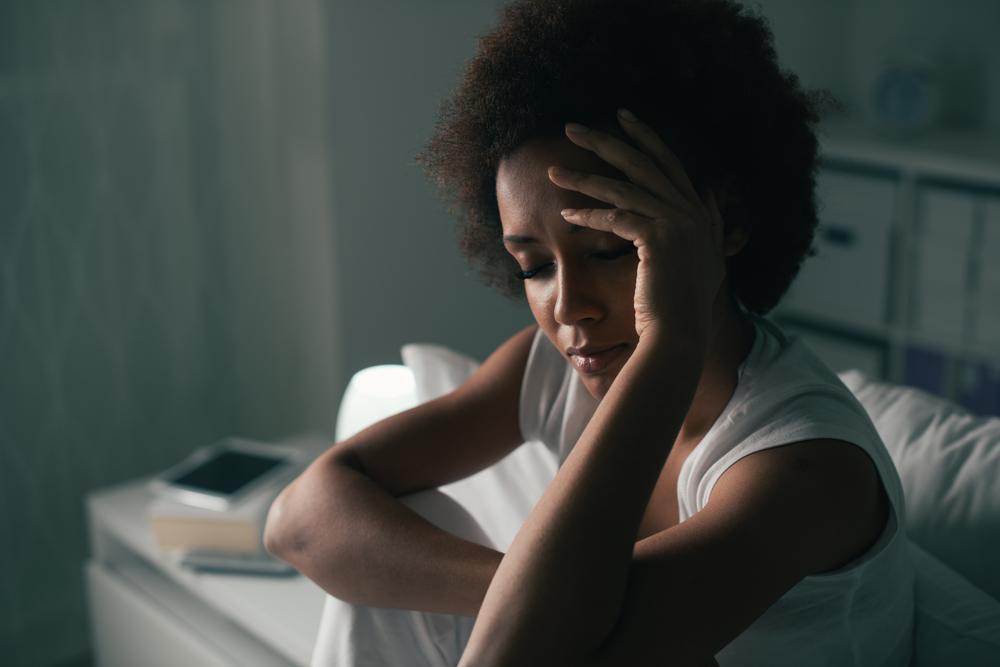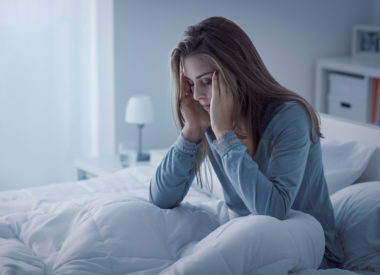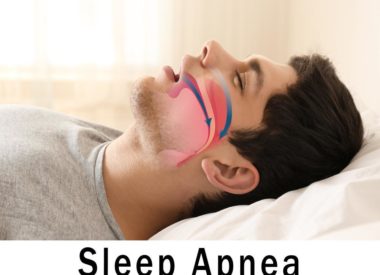FAST FACTS: 14 reasons why you can’t sleep at night
If you can’t sleep tonight, or didn’t sleep last night, chances are, one of the reasons listed below explains why:
14 reasons why you can’t sleep at night
-
You have racing thoughts
-
You slept in late or took a nap
-
Your bed partner is a snoring machine (this includes both human and pet partners)
-
You’re hungry
-
Your bedroom is a pigsty
-
Your bedroom is not dark enough
-
You drank a glass of wine at bedtime (alcohol and sleep are not well suited for each other)
-
Your room is too warm to suit your core body temperature
-
You stared at backlit screens (your cell phone, laptop, or tablet) moments before going to bed (the blue light shuts down your melatonin production)
-
You had an evening workout
-
You ate dinner late
-
You enjoyed an afternoon latte (with 2 shots or more of caffeine)
-
You had a cigarette or vaped right before bedtime
-
Your pillow or bed are unsupportive
The good news: You can fix these problems!
Many of the reasons why we can’t sleep are related to habits , environment , and lifestyle choices we make. With proper motivation, we can identify problematic patterns (such as keeping our bedrooms too warm) and easily fix them at little or no time and cost.
Some reasons are related to substances we consume: it could be the food we eat, when we eat, or beverages we consume prior to bedtime.Smoking (cigarettes, marijuana, or vaping) can also disrupt sleep.
Consumables, like habits and lifestyle choices, can be easily altered: eat dinner earlier, eat lighter meals before bed, drink decaf after 3pm. Others, such as quitting smoking, may require some assistance and fortitude, but they’re worth the struggle.
Finally, sometimes the brain is not ready to shut down. Rumination, a fancy word for “racing thoughts,” is the result of ongoing stress and pre-bedtime habits which may amp up stress.
Many find comfort in learning relaxation techniques through cognitive behavior therapy for insomnia (CBTi), while others can adapt practices from daytime yoga and meditation classes to help put the brakes on those racing thoughts.
It’s not a sign of weakness to ask for help if you’re losing sleep at night; in fact, getting help from a sleep specialist to combat problems with lost sleep is critical to preventing sleep deprivation. It leads to a mounting sleep debt a key risk factor underlying most major chronic illnesses. Improving your sleep patterns is essential to overall health and well being.
Please contact us with your concerns about sleep loss so we can help point you in the right direction for achieving solid, quality sleep, night after night. Check out our FREE offer for a sleep assessment below.



